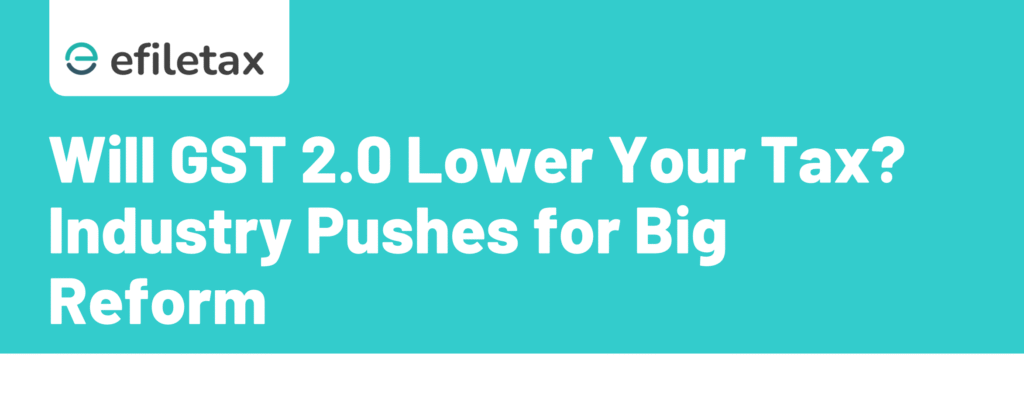
India’s GST overhaul is back in focus as industry bodies urge the Centre to widen the tax base and lower rates. At the heart of the demand lies a bold reform agenda—bring petroleum, electricity, and real estate under GST.
Currently, these key sectors lie outside the GST net, fragmenting compliance and limiting revenue growth.
Why a GST Overhaul Is Critical
- Narrow Tax Base: Petroleum, electricity, and real estate are high-revenue sectors excluded from GST
- Cascading Taxes: Businesses face tax on tax due to non-creditable input taxes on fuel and power
- Rate Distortions: Multiple slabs (5%, 12%, 18%, 28%) make compliance difficult and create lobbying
- State Revenues Depend on Cesses: Centre compensates states for GST losses through cess, not ideal for long-term sustainability
What the Industry Is Demanding
| Reform Area | Current Status | Suggested Change |
|---|---|---|
| Petroleum Products | Outside GST (levied under VAT/Excise) | Bring under GST for uniformity |
| Electricity Supply | Exempt from GST | Include to enable ITC for businesses |
| Real Estate | Partly taxed (works contract under GST) | Full inclusion to avoid double taxation |
| Rate Structure | Four major slabs + exempted goods | Simplify to 2–3 rates |
| Input Tax Credit | Restricted for fuel, power, and rent | Full credit pass-through for business |
Legal and Policy Insights
- Constitutional Barrier: Article 279A allows GST Council to decide inclusion of petroleum products at a future date
- SC Observation in Mohit Minerals (2022): Emphasised GST’s constitutional vision of a unified tax
- Expert View from 15th Finance Commission Report: Expanding GST base is vital for India’s fiscal federalism
Expert Tip: Think Like a Business
“When electricity and fuel are out of GST, a manufacturer pays embedded taxes—this increases cost without credit. Inclusion would improve competitiveness, especially for MSMEs.” – CA Ramesh Agarwal, Indore
How GST Overhaul Can Benefit Everyone
- For Government: Higher formalisation, stable revenue, lower compensation needs
- For Businesses: Fewer disputes, easier invoicing, more input credit
- For Consumers: Lower costs as tax chains become cleaner and more transparent
Internal Momentum Growing
In recent meetings, GST Council subgroups acknowledged the need to revisit the exclusions. While political consensus is still evolving, economic logic strongly supports a broader GST net.
States like Tamil Nadu and Kerala are open to discussions—especially if revenue neutrality is assured.
What’s Next?
A white paper or discussion paper on GST overhaul may be tabled in upcoming Council meetings. The key challenge will be Centre–State coordination, but the direction is clear: GST 2.0 must be leaner, broader, and fairer.
FAQ: GST Overhaul & Expansion
Q1. Why are petroleum and electricity out of GST now?
Because the Constitution allows them to be included later via GST Council consensus.
Q2. Will including real estate reduce property prices?
Possibly. It will improve transparency and reduce cascading taxes.
Q3. What is the biggest benefit of GST base expansion?
Higher input tax credit for businesses, reducing overall costs and promoting compliance.
Summary
India’s industry leaders call for a GST overhaul to expand the tax base by including fuel, electricity, and real estate. Reforming the rate structure and input tax credit norms could boost compliance, reduce costs, and simplify India’s indirect tax system.